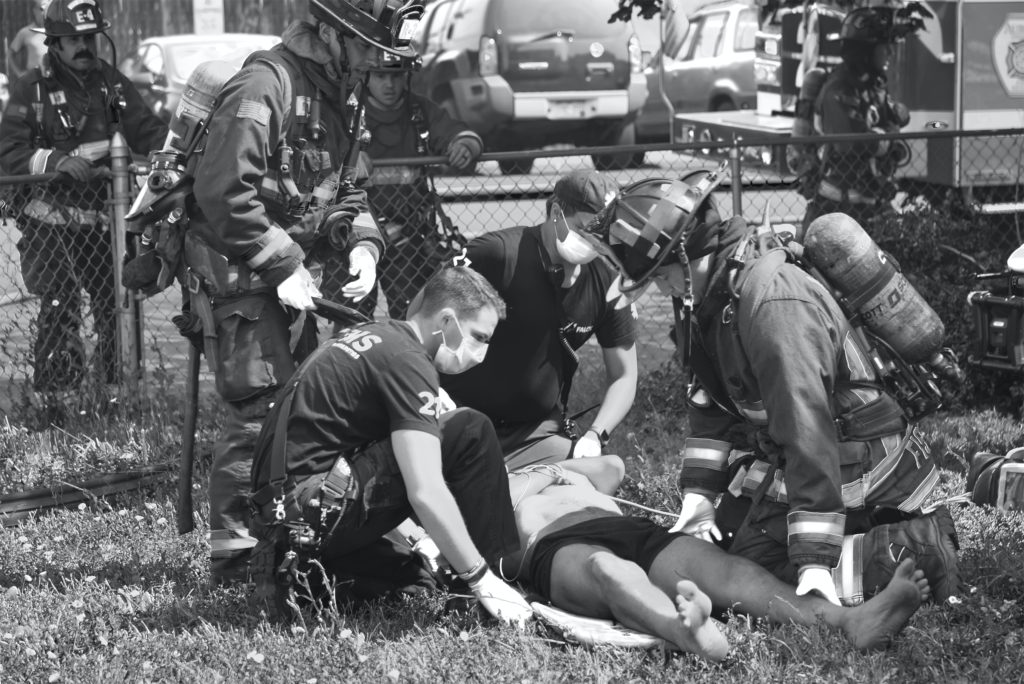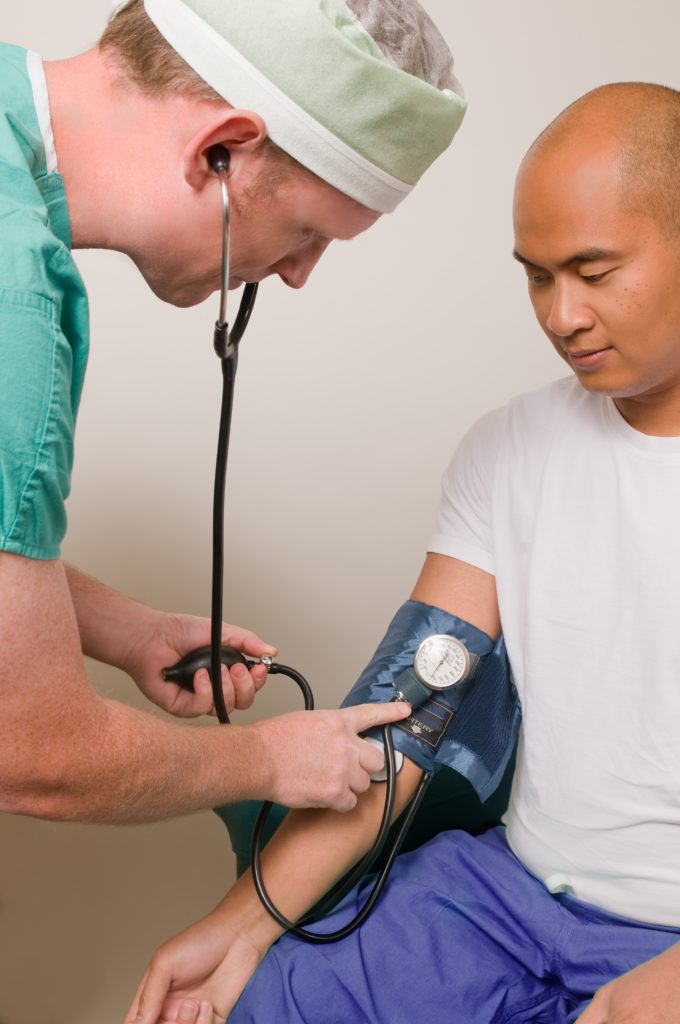As a healthcare professional, having a well-crafted resume that showcases your medical skills is crucial in securing your dream job. Employers look for candidates who not only have the necessary qualifications but also possess the right set of medical skills to excel in their roles.
In this article, we will discuss the essential medical skills for resume that every healthcare professional should possess. We will also provide tips on how to highlight these skills in your resume to catch the attention of prospective employers.

One of the crucial medical skills for resume is patient assessment, which involves evaluating a patient's physical and mental health status. This includes taking a thorough medical history, performing a physical examination, and documenting findings accurately. Being able to identify potential health risks and providing appropriate interventions is essential in delivering quality patient care.
Monitoring vital signs, such as blood pressure, pulse, and temperature, is another important clinical skill for healthcare professionals. The ability to recognize and respond to abnormal readings can prevent medical emergencies and ensure prompt interventions.
Administering medications safely and accurately is a vital clinical skill that requires attention to detail and adherence to the prescribed dosage and frequency. Healthcare professionals must also monitor patients for any adverse reactions to medications and provide education on proper medication usage.
Proper wound care management is critical in preventing infections and promoting healing. Healthcare professionals must have the necessary knowledge and skills to assess the severity of a wound, select appropriate dressings and topical agents, and monitor for any signs of complications.
Operating and maintaining medical equipment, such as ventilators, monitors, and infusion pumps, is an essential technical skill that healthcare professionals must possess. They should also be familiar with the safety protocols and troubleshooting procedures for these devices.
Electronic health records (EHRs) are used to document patient information, manage appointments, and facilitate communication between healthcare providers. Healthcare professionals must have proficiency in using EHRs and maintaining patient confidentiality.
Interpreting imaging and diagnostic tests, such as X-rays, CT scans, and blood tests, is an important technical skill for healthcare professionals. They should be able to recognize normal and abnormal findings and communicate them effectively to other healthcare team members.
Performing laboratory procedures, such as blood draws and urine analysis, requires accuracy and attention to detail. Healthcare professionals must follow standard procedures for specimen collection and handling and ensure that test results are reported accurately and promptly.
Effective patient education and counseling are critical in promoting healthy behaviors and improving treatment outcomes. Healthcare professionals must have the ability to explain medical information in a clear and concise manner and address any questions or concerns that patients
Healthcare professionals must work collaboratively with other healthcare team members, including physicians, nurses, and allied health professionals. Effective communication and teamwork skills are essential to provide coordinated and comprehensive care to patients.
Clear and effective communication skills are essential in healthcare settings. Healthcare professionals must be able to communicate with patients, families, and other healthcare team members using appropriate language and terminology.
Active listening skills involve paying attention to the speaker, asking clarifying questions, and providing feedback. Healthcare professionals must be able to listen actively to their patients' concerns and needs to provide appropriate care.
Scheduling patient appointments requires organizational and time management skills. Healthcare professionals must be able to prioritize tasks and manage their schedules efficiently to ensure timely delivery of care.
Understanding insurance coverage and billing processes is an essential administrative skill for healthcare professionals. They must be able to verify patient insurance information, submit claims, and communicate effectively with insurance companies.
Analyzing health data, such as patient outcomes and quality measures, is an important administrative skill for healthcare professionals. They must be able to use data to improve patient care and identify areas for quality improvement.
Compliance with healthcare regulations, such as HIPAA and OSHA, is crucial in maintaining patient confidentiality and safety. Healthcare professionals must have a thorough understanding of these regulations and ensure that they are followed in their daily practice.
FAQs:
Q: What medical skills should I highlight in my resume?
A: You should highlight clinical skills, technical skills, communication skills, administrative skills, and compliance with healthcare regulations in your resume.
Q: How can I improve my medical skills?
A: You can improve your medical skills by attending training programs, participating in continuing education courses, and seeking mentorship from experienced healthcare professionals.
Q: Do I need to have all the medical skills mentioned in this article to be a successful healthcare professional?
A: No, different healthcare roles require different skill sets. However, possessing a combination of these medical skills can make you a well-rounded healthcare professional.
You may always find EMS personnel (paramedic and emt) helping people who are experiencing medical emergencies or rescuing accident victims on the news or in TV dramas. The majority of EMS responders hold either an EMT or paramedic level of certification. Both perform their work in a range of capacities and healthcare environments. They frequently work with fire departments, industrial safety, ground ambulances, and helicopters.

What makes them different from one another if they both help patients and wear uniforms?
There are various levels of provider certifications in the emergency medical services (EMS) industry. The most prevalent EMS service providers are Emergency Medical Technicians (EMTs), also known as EMTs. The fundamental abilities needed to assist in life-threatening situations are taught to EMTs, and many of them go on to obtain an Advanced EMT credential or become Paramedics. Numerous physicians, nurses, and firefighters have also used their EMT training and employment as stepping stones in their professional careers.
Students who want to become Emergency Medical Technicians (EMT) must finish a course that lasts at least 170 hours. EMTs are trained to assess patients and identify any potential life-threatening injuries or illnesses. This includes providing life-saving epinephrine to a patient having an allergic reaction, splinting injuries for a patient following a car accident, or even doing CPR on a patient experiencing cardiac arrest. The EMT will also learn how to deliver a newborn, use a bag valve mask to ventilate, administer oxygen, and even administer various drugs. The best tool in an EMT's toolbox and the main focus of their training is assessment, or the ability to swiftly determine if someone is dying.
The majority of the time, no prior medical training is required in order to participate in an EMT course. Schools may have different eligibility standards and prerequisites for their EMT and paramedic course. Before enrolling in a course, make sure to verify the regulations of the institution and your state. For instance, in California, becoming a certified EMT requires that you be at least 18 years old.
Students enrolled in the Paramedic (PM) course must finish a course load of 1,200–1,800 hours over the course of six–12 months. Anatomy and physiology, cardiology, drugs, and medical procedures are all included in paramedic courses. Training for paramedics builds on EMT instruction and teaches skills including inserting intravenous lines, managing advanced airways, interpreting patient EKGs, and learning how to treat patients who are experiencing life-threatening medical or traumatic emergencies.
A paramedic must be prepared to aid patients during their shift, whether it is caring for car accident victims, reading an EKG for a heart attack patient, or giving birth. It never becomes dull! Students are trained to pass the national certification examinations and earn the highest level of certification for pre-hospital care providers through a combination of lectures, skills labs, hospital internships, and EMS field internships.
You must be an EMT and typically have at least six months of work experience as an EMT in order to be eligible for a paramedic course. There could be variations in the entry requirements for paramedic courses. Several have personal health criteria such as confirmation of vaccination and a physical as an entry requirement. Some require you to study college-level Anatomy and Physiology before admittance.
To assess your eligibility for admission, schools may also need a criminal background check, an admissions interview, or an entrance exam. Although the standards vary widely amongst schools, the objective is to choose applicants who will be successful in the training course.
An individual must complete 120 to 150 hours of training in emergency care and basic life support in order to become an EMT.
An individual must complete the EMT course requirements in order to become a paramedic, and then build on this knowledge with 1200–1800 hours of further training over a two-year degree course. Not every EMT decides to pursue paramedic training.
The future of nursing industry is going through a time of unprecedented expansion and development. If the idea of getting into a nursing career has you fired up, this trend suggests more opportunities to land a fulfilling job.
The nursing profession is changing for the newest generation of nurses so they can improve on the traditional abilities of giving excellent patient care, carrying out various medical procedures, and supporting doctors. While these skills are still essential, exciting technical developments and improved access to care for populations that have historically been underserved provide nurses the chance to adjust and offer more timely, individualized care.

In a market where primary and specialty care doctors are in limited supply, the future of nursing rests on experienced nurses taking on leadership roles to mentor younger generations, on a community-based approach to care, and on a focus on demographic transitions. A significant step toward obtaining such a career is obtaining an online MSN in nursing.
Millennial nurses will be in an exciting position as more of them join the field. The future of nursing presents a chance for nurses to become leaders in this developing industry by using new technology and cutting-edge medical treatments, such as biomedical devices, robot-assisted operations, stem cell research, and more. Additionally, a strong education will give them the fundamental abilities they need for success, and the mentors' expertise will ease the change the nursing profession will encounter in the ensuing decades.
You might be helped on your path to a leadership position that has an impact on the larger community by an advanced nursing degree. The nursing profession today aims to help previously underserved populations. These programmes may offer the chance to work as a nurse practitioner, nurse specialist, nursing supervisor, and other nursing positions.
Nurses must be aware of how their treatment affects the public at large in their role as community health leaders, in addition to how it affects each patient individually. They should be aware of the local medical issues, resources, and facilities in the area where they practise and live.
With this knowledge, they may plan ahead to address community health concerns, better serving their patients rather than merely responding to difficulties as they arise. Additionally, their knowledge has an impact on the general public and other nearby medical experts.
Opportunities to assume the position of a community health leader are expanding. According to the BLS, nurse practitioners, for instance, may anticipate 31% more jobs between 2016 and 2026, which is twice the rate of nursing as a whole. A considerably higher quality of patient care may be possible in the future for nursing given the rise of highly educated, specialized nursing positions.
The nursing industry will alter along with the changing demographics and technical landscape of the field. This entails more chances for nurses to interact with patients, offer more individualized care, and carry out advanced tasks in line with their area of specialization. For instance, a pediatrics-trained nurse will be better suited to care for young patients.
The use of medical technology will increase among new nurses. In order to increase the effectiveness and efficiency of patient care, nurses now use gadgets that scan a patient's biological functions, such as glucose levels and cardiovascular health.
These developments also make it possible for medical staff to keep an eye on patients outside of hospitals. Pop-up clinics and other mobile medical facilities that operate in underserved communities provide high-quality preventative healthcare.
Even though nursing will use increasingly sophisticated technologies, intuitive nursing care is still essential. Future healthcare workers will continue to be valued parts of their communities and contribute to medical advancements if they can use comprehensive patient data and apply their own expertise and judgment.
If becoming a nurse leader is something you're interested in, look into certificate courses. You can obtain your degree online while learning the skills that will help you get a job in a profession that is expanding and changing all the time. The ability to provide high-quality care from hospitals to homes will be crucial for nursing in the future. Discover nursing courses right away to secure your position as a pioneer in the industry.
Are you a science student seeking a job in the medical field but rather not go through the hassle of writing the NEET exam?
Understandably so, because if you aren’t planning on being a doctor but still want to be a collaborator of the medical industry - the NEET exam may not be worth it if high-salary career options without it exist.
In today's global environment, healthcare is a widely thriving business with several opportunities for young people of our generation.
And the global healthcare business frequently outsources its services to poorer nations as a result of which Indian students have a high chance of pursuing a successful career without NEET.
So we especially talk about the remote work done for foreign companies, done at the comfort of your own home and with quite a high pay.
The high salary is attributed to the huge gap in foreign exchange rates between most currencies and India, especially dollars - $1 = Rs. 70 at the time of writing.
This is a huge win for both the youth of India and the foreign companies because they get to pay less and you get paid higher than market value!
Here are our picks of such work that you might be interested in and our top pick at the end.

Picture this, you have a background in the medical field and have discovered that you love teaching and you’re good at it!
Maybe during college or school, people always came to you asking their doubts because they felt your explanations have value and give them clarity.
If this is you, then you absolutely must consider teaching online!
There has been an online teaching boom due to the advent of the internet which has been boosted by the pandemic with all the distance learning trends going on.
Many people have started organizations for teaching online in nearly every subject, including medical and healthcare.
So naturally, many people globally are looking to hire you as a teacher in their organization in the field that you are specialized in.
Such opportunities are easy to find and grab, it’s just a matter of surfing through Google or signing up on LinkedIn then applying/attending their interviews, and finally impressing them with your knowledge and skill - Done, you’re now hired for a remote high paying job!
Alternatively, you can start your own online education initiative.
Nutrition is perhaps the most directly beneficial courses to undertake!
Not only can you make a successful career out of it but it'll also drastically improve the lifestyle and eating habits of yourself and those around you.
People will flock to you for nutrition advice wether it be for people who are diabetic, children or simply people just trying to be healthier.
Everyone wants to get healthier and you can be a great source of information and consulting to others.
From the last two lines you can understand the amount of demand there is nutritional advice which should give you a hint that there is huge monetization opportunities.
After such a course, you may be employed by several institutions like HealthifyMe or basically any gym that sells nutritional advise or start your own freelance consulting.
Remote abroad opportunities are also plenty which means higher work flexibility as well as salary.
Perhaps speaking isn’t your forte and you’re much better at communicating or educating using written text.
In which case you must be a technical content writer. It’s really mostly about writing content for a blog post such as this one or writing a piece of content for several many channels from social media to ad copywriting.
Even tutorials and instruction manuals of medical devices that’ll be useful to people who want to understand how to work those medical devices
What’s different with a technical content writer is that they have specialized knowledge - in this case on medical devices as well as the ability to write clearly and effectively in a way that people can read and understand easily.
Again, with the advent of the internet and the onslaught of the pandemic, there has been a boom in the content marketing space and a great demand for content writers in nearly every field.
Every business globally in the medical field needs content for marketing purposes that only a technical content writer can best provide.
This is our top pick and so we’ll be going into full detail with this one!
You have a vital job as a medical coder. The medical coder's job is to make sure your healthcare business gets paid for services, cuts expenses and generates financial reports. Most individuals are unaware of how much work goes into these operations on a daily basis. To work effectively, you will need to use specialist expertise.
Your daily tasks will include ensuring that a patient's account is complete before processing it, entering accurate and thorough diagnosis and procedure codes for each service provided to the patient, communicating with various insurance companies to ensure claims are processed quickly and correctly, and responding to requests from patients, providers, and payers regarding services provided on accounts.
Medical billers and coders can be found working in a variety of contexts, including hospitals, home healthcare organizations, physician's offices, insurance firms, medical supply companies, and anywhere else where billing for services performed is the core business. It is also true that many medical coders and billers are self-employed. Independent contractors that operate as medical billers and coders might work alone or in groups.
If you opt to work as a medical coder, your timetable will vary based on the sort of job you do. Some employers expect employees to work eight to ten-hour days five days a week, with Saturdays and Sundays off. Some billers and coders, on the other hand, work from home and create their own schedules each day, as long as they fulfill deadlines. Other jobs may need you to have a flexible schedule, where you work long days and short days.
A medical coder can expect to make $48,270 per year on average. Let's break down your income based on your degree of experience. A mid-level experience will make you $21.20 per hour or $44,090 per year. If you've been working for a while and have a lot of experience, you may earn $73,370 per year or $35.27 per hour.
The decision to become a medical coder is significant. It will have an impact on your future, job happiness, and even the health of others. Medical billers and coders play an important role in the healthcare system. You will deliver a significant service that will save your employers and patients time, money, and resources. Being a medical billing professional has many advantages.
Have inquiries or don’t know where to start? Get in touch with our education consultancy to help you on your journey to a successful career in the medical field!
